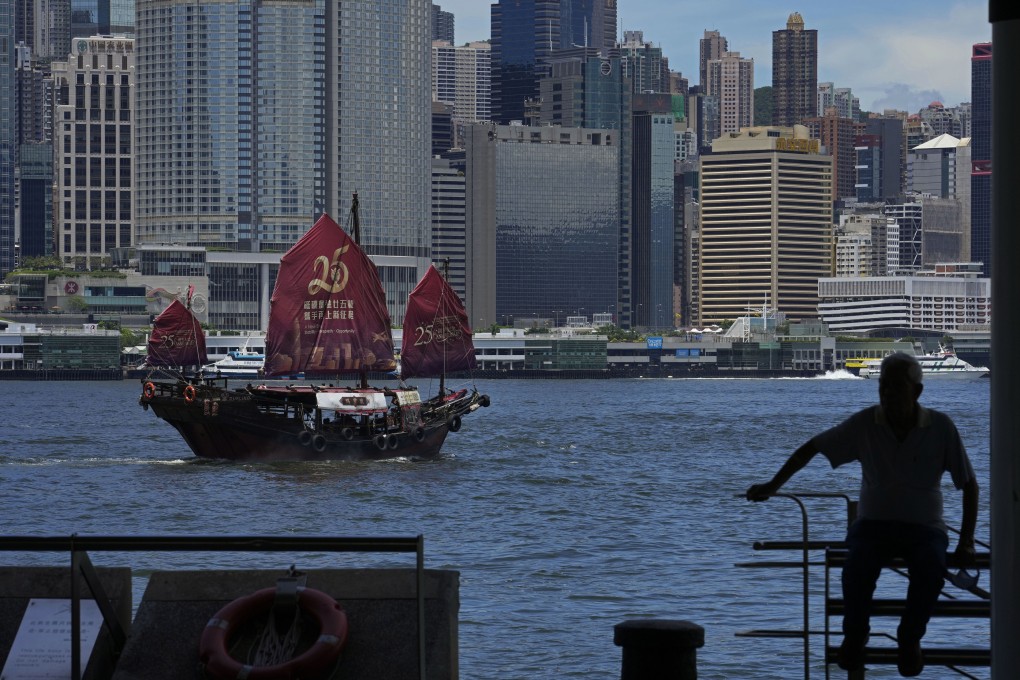Opinion | Hong Kong can give the world some much-needed perspective on China and its rich culture
- As a hub for cultural exchange, Hong Kong can bring nuance and colour to a world view on China that remains too simplistic
- But to do so, Hongkongers must first learn to embrace, and love, Chinese culture themselves

The contest of the 21st century is one of cultural values and systems. Young minds in the digital age face a constant barrage of information, much of it biased and based on factors including the platforms we choose, our patterns of consumption, and advertising money spent on trending topics.
Perspective is Hong Kong’s greatest asset. We live in an open society that embraces people from all walks of life. We absorb ideas and values from the East and the West. Our city is a cosmopolitan and hyperactive melting pot that bustles with diversity and change.
So where do we start? With a page out of the Confucian playbook on introspection. To grant others perspective, we must first develop our own. To do so, we must study our Chinese culture and heritage.
